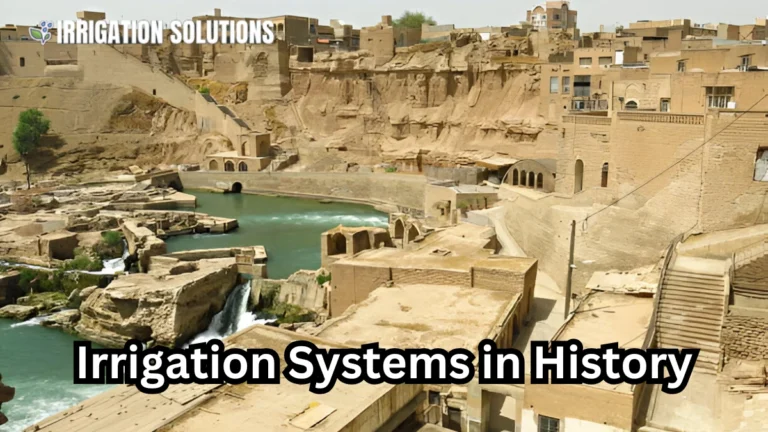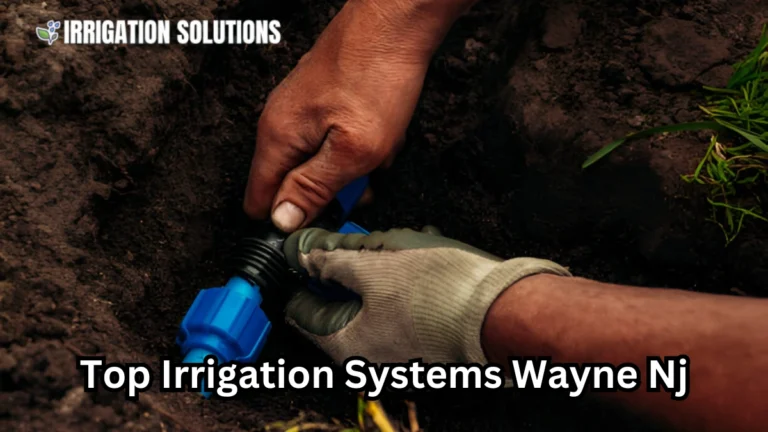Smart Irrigation Systems Hermanus

Irrigation is a crucial aspect of agriculture and landscaping, ensuring that crops, gardens, and lawns thrive in the often dry and unpredictable climate of Hermanus. Whether you’re a homeowner looking to maintain a lush garden or a farmer working to optimize crop yield, understanding the various irrigation systems available can make a significant difference. This comprehensive guide will walk you through everything you need to know about irrigation systems hermanus, including types, benefits, installation tips, and maintenance advice.
Why Are Important in irrigation systems hermanus?
Hermanus, located along the southern coast of South Africa, has a Mediterranean climate characterized by hot, dry summers and mild, wet winters. This makes irrigation essential for maintaining healthy vegetation, especially during the summer months when rainfall is scarce.
Key Benefits of irrigation systems hermanus
- Water Conservation: Efficient irrigation systems help conserve water by targeting plant roots directly, reducing water wastage.
- Improved Crop Yields: Consistent watering leads to healthier crops, improving overall yields.
- Convenience: Automated irrigation systems reduce the need for manual watering, saving time and effort.
- Landscape Aesthetics: For homeowners, a well-maintained irrigation system ensures a lush, green garden year-round.
- Cost Savings: Though there is an initial investment, efficient irrigation reduces water bills and maintenance costs in the long run.
Types of irrigation systems hermanus
When selecting an irrigation system for your property, it’s important to understand the different options available. Each system has unique advantages depending on the size of the area, water availability, and plant types.
Drip Irrigation
Drip irrigation is one of the most efficient systems, delivering water directly to the root zone of plants through a network of tubes, pipes, and emitters. This method reduces water loss through evaporation or runoff and is ideal for gardens, orchards, and crops.
Advantages of Drip Irrigation:
- Water Efficiency: Uses less water than traditional methods, perfect for water-scarce areas like Hermanus.
- Precision: Water is delivered exactly where it’s needed, minimizing wastage.
- Versatility: Suitable for a variety of landscapes, from small gardens to large farms.
- Low Maintenance: Once installed, it requires minimal upkeep.
Disadvantages:
- Initial Cost: Drip systems can be costly to install, especially for larger properties.
- Clogging Risk: Emitters can get clogged, especially if the water quality is poor or if the system isn’t maintained properly.
Sprinkler irrigation systems hermanus
Sprinkler irrigation is the most common method used for lawns and gardens. Water is distributed through pipes connected to sprinkler heads that spray water across a large area. Sprinklers are ideal for larger properties or areas where plants need consistent coverage.
Advantages of Sprinkler irrigation systems hermanus:
- Even Coverage: Sprinklers can cover a large area with uniform water distribution.
- Easy to Install: Sprinklers are relatively easy to set up and can be adapted to different landscapes.
- Good for Lawns: Sprinklers are especially effective for maintaining lush, green lawns in Hermanus.
Disadvantages:
- Water Wastage: Can result in water wastage due to evaporation or runoff, especially in windy conditions.
- Frequent Maintenance: Sprinkler heads can get clogged or damaged and may require regular inspection.
Soaker Hoses
Soaker hoses are porous hoses that allow water to seep out along their length. They’re often laid out on the soil surface or buried under mulch, providing a slow and steady water supply to the soil. This system is perfect for flower beds, vegetable gardens, and areas with moderate water needs.
Advantages of Soaker Hoses:
- Simple Installation: Soaker hoses are easy to lay out and don’t require complex equipment.
- Water Efficiency: Water is absorbed slowly by the soil, reducing runoff and evaporation.
- Affordable: Soaker hoses are one of the most budget-friendly irrigation options.
Disadvantages:
- Limited Coverage: Not suitable for large areas or lawns.
- Clogging Risk: Like drip systems, soaker hoses can become clogged over time.
Automated irrigation systems hermanus
For those seeking the highest level of convenience, automated irrigation systems offer the best solution. These systems come with timers or smart controllers that allow you to set specific watering schedules, even from your smartphone.
Advantages of Automated Irrigation:
- Time Saving: Watering happens automatically, freeing up your time for other tasks.
- Customizable: You can adjust the watering schedule based on weather conditions or plant needs.
- Water Conservation: Many automated systems include rain sensors, which stop the system from running if it’s raining.
Disadvantages:
- Higher Initial Cost: Installation and setup can be expensive, especially for complex systems.
- Technology Dependent: Requires electricity and may be prone to technical issues.
How to Choose the Right irrigation systems hermanus for Your Property
Selecting the right irrigation system depends on several factors, including the size of your property, your water source, and the types of plants you have. Here’s a breakdown of the key considerations:
1. Property Size
- Small Gardens or Flower Beds: Drip irrigation or soaker hoses are ideal due to their precision and water efficiency.
- Large Lawns or Agricultural Land: Sprinkler systems or automated irrigation systems are better suited for larger areas, offering broader coverage.
2. Water Source
Consider your water availability. For areas with limited water supply, drip irrigation is the most efficient choice, as it minimizes waste. For larger properties with a consistent water supply, sprinklers or automated systems may be more appropriate.
3. Soil Type
Clay soils retain water longer, so systems like drip irrigation, which apply water slowly, work well. Sandy soils, however, may require more frequent watering, making sprinkler systems a good option.
4. Plant Type
- Water-Sensitive Plants: For delicate plants, a drip system that delivers water directly to the roots is perfect.
- Lawns: Sprinkler systems are ideal for lawns, as they cover large areas quickly and evenly.
Installation and Maintenance Tips for Irrigation Systems
Installation Steps
Installing an irrigation system involves several key steps, regardless of the type you choose.
- Design the System: Plan where the pipes, hoses, and sprinkler heads will go based on your property layout.
- Prepare the Area: Clear the ground and check the water source to ensure it’s sufficient for the system you’re installing.
- Install the Pipes and Hoses: Lay out the pipes or hoses and connect them to the water source.
- Set Up Controllers and Timers: For automated systems, install the controllers and set your watering schedule.
- Test the System: Run the system to ensure it covers the area evenly and adjust as necessary.
Maintenance Tips
To keep your irrigation system running smoothly, regular maintenance is necessary:
- Clean Emitters and Sprinklers: Check for clogs and clean the heads or emitters regularly.
- Inspect for Leaks: Look for any leaks in the pipes or hoses and repair them promptly.
- Adjust Timers: During seasonal changes, adjust the watering schedule to account for different weather conditions.
- Flush the System: Periodically flush the system to remove debris and prevent clogging.
Case Study: Irrigation in Local Vineyards
Hermanus is known for its vineyards, which require careful irrigation management to maintain quality wine production. One local vineyard adopted a combination of drip irrigation and automated systems to optimize water use. By adjusting the watering schedules based on real time weather data, they were able to reduce water usage by 30% while maintaining healthy vines and improving yields.
Conclusion
Irrigation systems are a vital investment for any property in Hermanus, whether you’re tending to a small garden or managing a large agricultural operation. By understanding the different types of irrigation systems available, selecting the right one for your needs, and performing regular maintenance, you can ensure your plants receive the water they need while conserving resources.
Whether you opt for a drip system, sprinkler system, or automated irrigation, the right choice will save you time, money, and effort while helping your garden or farm thrive. So, start planning your irrigation system today, and watch your plants flourish year round!






